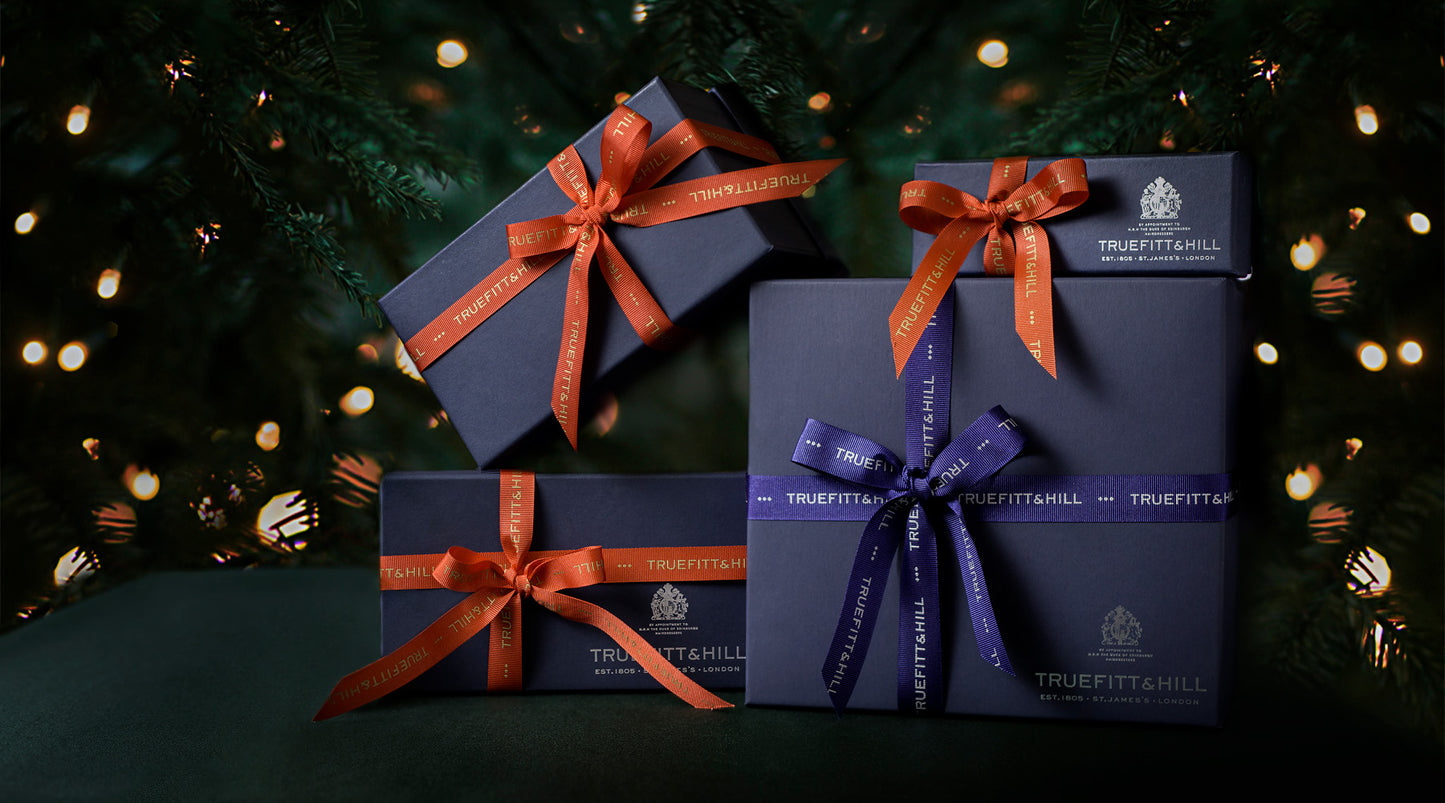
As Christmas approaches, we are all attuned to the familiar litany of Christmas customs: decorating the Christmas tree, sending out Christmas cards, hanging up our stockings for Santa, eating traditional food such as mince pies, Christmas pudding and turkey, enjoying a pantomime, and so on.
But Christmas has a long history, with its roots in the pre-Christian Roman feast of Saturnalia and midwinter pagan festivities. Many historic Christmas traditions, adhered to for centuries, have fallen into obscurity, obliterated by Victorian notions of propriety, and the rampant commercialisation of the last few decades. Perhaps this year you will be tempted by a truly ‘retro’ Christmas and reinstate some of the following very English rituals:
The World Turned Upside Down
Prior to the advent of the Puritans, who banned the traditional festive season in the 17th century, the Lord of Misrule was a well-established British tradition, harking back to Saturnalia. He was an individual who was elected to conduct the seasonal revels in the houses of the nobility until Twelfth Night. This was a prolonged period of drinking, celebrations and elaborate theatrical entertainments. This short season of licensed anarchy, presided over by the Lord of Misrule, was a liberating escape from the rigid social strictures of daily life. It all sounds like an excellent excuse for a 12-day-long party!
A Green Santa Claus
Various stories and legends about pagan winter festivals include a green-clad figure, who was a precursor of Father Christmas. In the depths of dark winter, he was said to represent the coming of spring, and his attire included a long green hooded cloak, as well as a wreath made of holly, mistletoe or ivy. So dispense with the red Santa costume, the white fur trim and the long white beard, and instead brighten up the bleak midwinter by exploring notions of regeneration and rebirth…
Deck the Halls
Bring armfuls of symbolic greenery into your house and counter the midwinter gloom, with symbols of renewal. Prickly holly leaves have long been identified with eternal life, and the red berries were thought to ward off witches. Indeed holly was deemed to be such a powerful plant, with such connotations of good luck, that when the time came to take decorations down on 2 February (Candlemas), the holly was never thrown away, always burnt. Ivy was also considered to be a symbol of rebirth and eternal life, but in some regions it was associated with madness and intoxication, and was therefore paired with holly, whose beneficial properties countered any potential risks.
The Yule Log
Far from being the sickly chocolate confection we are familiar with today, the Yule log traditionally burned in homes throughout the Christmas season. Every Christmas Eve the men of the house would venture out into the woods and drag back the largest log they could find. Once it was lit, it was kept burning throughout Christmas Day, and this tradition probably owed much to the Viking custom of burning wood in honour of Yggdrasil, the ancient sacred tree, a bringer of good fortune.
The Ashen Faggot
This West country version of the Yule Log tradition still takes place across Somerset and Devon. The faggot is a bundle of green ash sticks, bound together with nine bands of hazel. On Christmas Eve it is burnt in a fire created of the remnants of last year’s ashen faggot. The snapping of each band in the flames is a pretext for much drinking and toasting – preferably of mulled cider. This was a pagan rite, and the ash had strong associations with fertility. It was Christianised when the Church sanctified the ash, which was said to represent the wood that Mary burned to warm Jesus.
A St Thomas’s Day Celebration
On 21st December, St Thomas’s Day, the poor of the parish were allowed to move from door to door, asking for a Christmas ‘dole’ – a small gift of money or provisions that would enable them to have their own modest Christmas festivities. In return they would hand out springs of holly or ivy. Other customs were associated with this particular day: unmarried girls used to peel an onion and leave it, wrapped in a cloth, under their pillow. It was believed that it would bring them a special Christmas dream, which would reveal the identity of their future husband. The dream was summoned by the recitation of these words: Good St Thomas do me right/And bring my love to me tonight/That I may look him in the face/And in my arms may him embrace.
Twelfth Night Cake
This tradition persisted until the turn of the 20th century. The special Twelfth Night cake contained a dried pea in one half and a bean in the other. Everybody in the household took a slice of the cake – men from the bean side, women from the pea side. The man who found the bean in his slice was king for the night and the woman who found the pea was queen. Finding these legumes was also seen as a symbol of luck for the coming year.
Here We Come a Wassailing
The term ‘Wassail’ comes from the Anglo-Saxon ‘waes haeil’, meaning to be whole or healthy. Traditionally, on Twelfth Night, farm workers would pour cider over the roots of the ‘Apple Tree Man’, which was designated to be the most productive fruit tree in the orchard, while singing a toast to the tree, which was believed to ensure a good harvest the following season. They also made a hullaballoo to ward off evil spirits by banging pots and pans. The wassail bowl, filled with warm spiced cider, was passed around the revellers, who probably also indulged in a hearty round of the well-known wassailing song, ‘Here we Come a Wassailing/Among the leaves so green’.
Give Traditional Gifts
Whether you choose to adopt green Christmas rituals, revive wassailing folklore, enjoy the warmth of a blazing Yule log or consume a Twelfth Night cake, do choose gifts that are rooted in our heritage and do your Christmas shopping with the traditional theme in mind.
So don’t forget to show your appreciation this Christmas to those who mean the most to you and give the important men in your life a Truefitt & Hill gift, that perfectly matches his style and personal preferences. Visit our online store and select from our premium shaving sets, leather accessories, unique fragrances, with the scent of British history, or a wide range of highest quality skincare essentials, which are just a selection of the wide variety of gift ideas we offer.
Moreover, this festive season, Truefitt & Hill encourages generosity and care, adding a surprise gift to all orders of £50 and over, so don't miss the opportunity of indulging that special person with our ‘Truefitt treats’!
